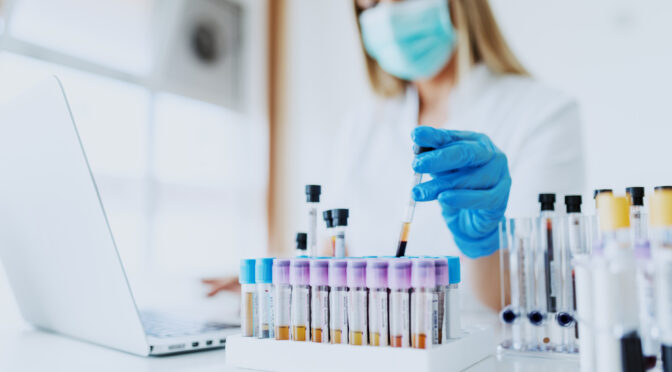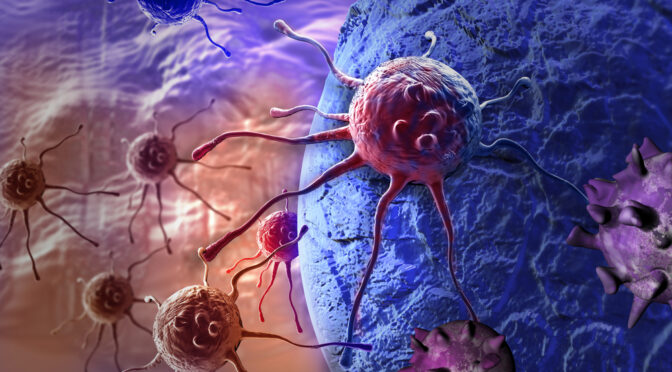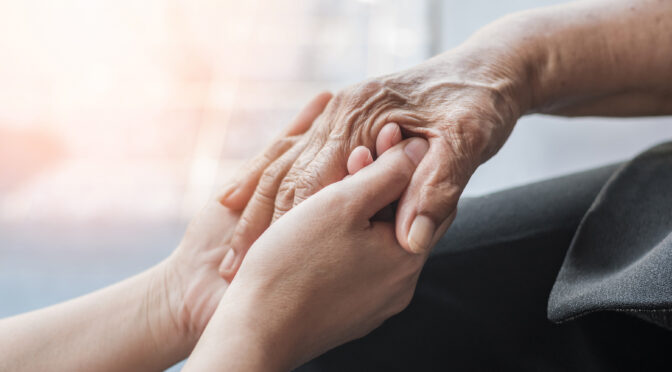When a loved one has cancer, becoming their caregiver can help ensure that they have support and assistance from someone they trust. As a cancer caregiver, you might help them with daily tasks, accompany them to cancer treatment appointments, and offer emotional support. Stepping into this role can be challenging, especially if it’s new for you. The following tips can help you prepare to be a cancer caregiver for your loved one.
Set Realistic Expectations
No matter how much you want to help your loved one, you won’t be able to do everything for them. Set realistic expectations on what you can handle based on your schedule and abilities. Being realistic about the care you provide can help prevent you from becoming frustrated or burned out in your new role.
Ask for Help with Caregiving
Don’t be afraid to reach out to others for help with cancer caregiving. Make a list of other people you can turn to when you’re having trouble handling caregiving tasks, such as another family member. This can help alleviate the amount of stress you’re under, so you can avoid becoming overwhelmed.
Set Aside Time for Yourself
Taking care of yourself while being a cancer caregiver is highly important. Make time in your schedule to do something you enjoy or focus on relaxation. This can help ease stress and allow you to recharge, so you’ll have more energy and better mental focus.
Take Care of Your Own Health
Making sure you stay in good health can make it easier to handle caregiving tasks. Eat healthy foods, get plenty of sleep, and get some exercise each day.
If you need more information on cancer treatment for your loved one, please contact Issels®. We can discuss our immunotherapy therapies and provide additional details on our approach to treatment.






